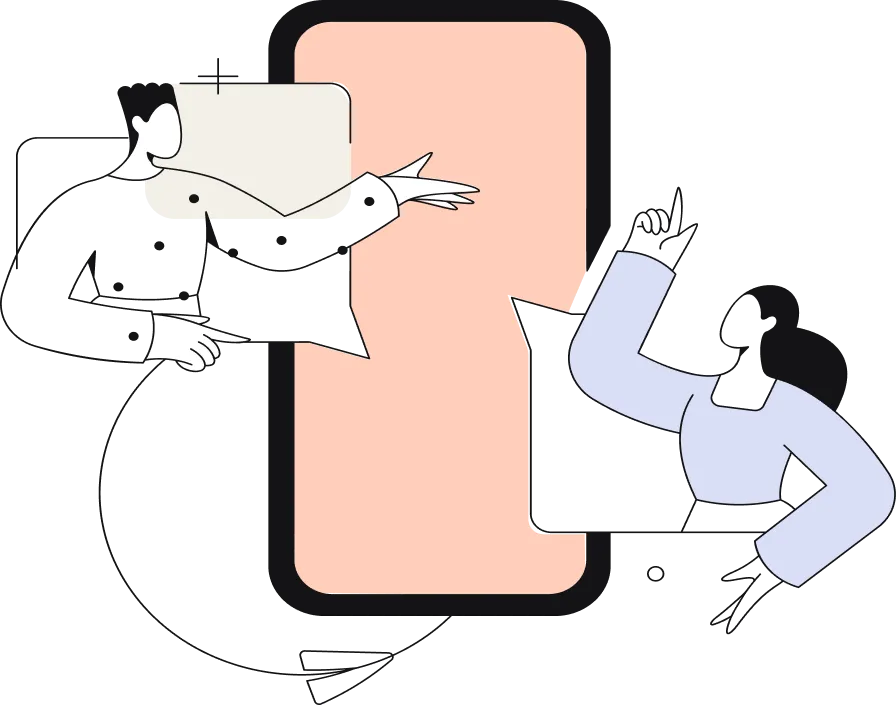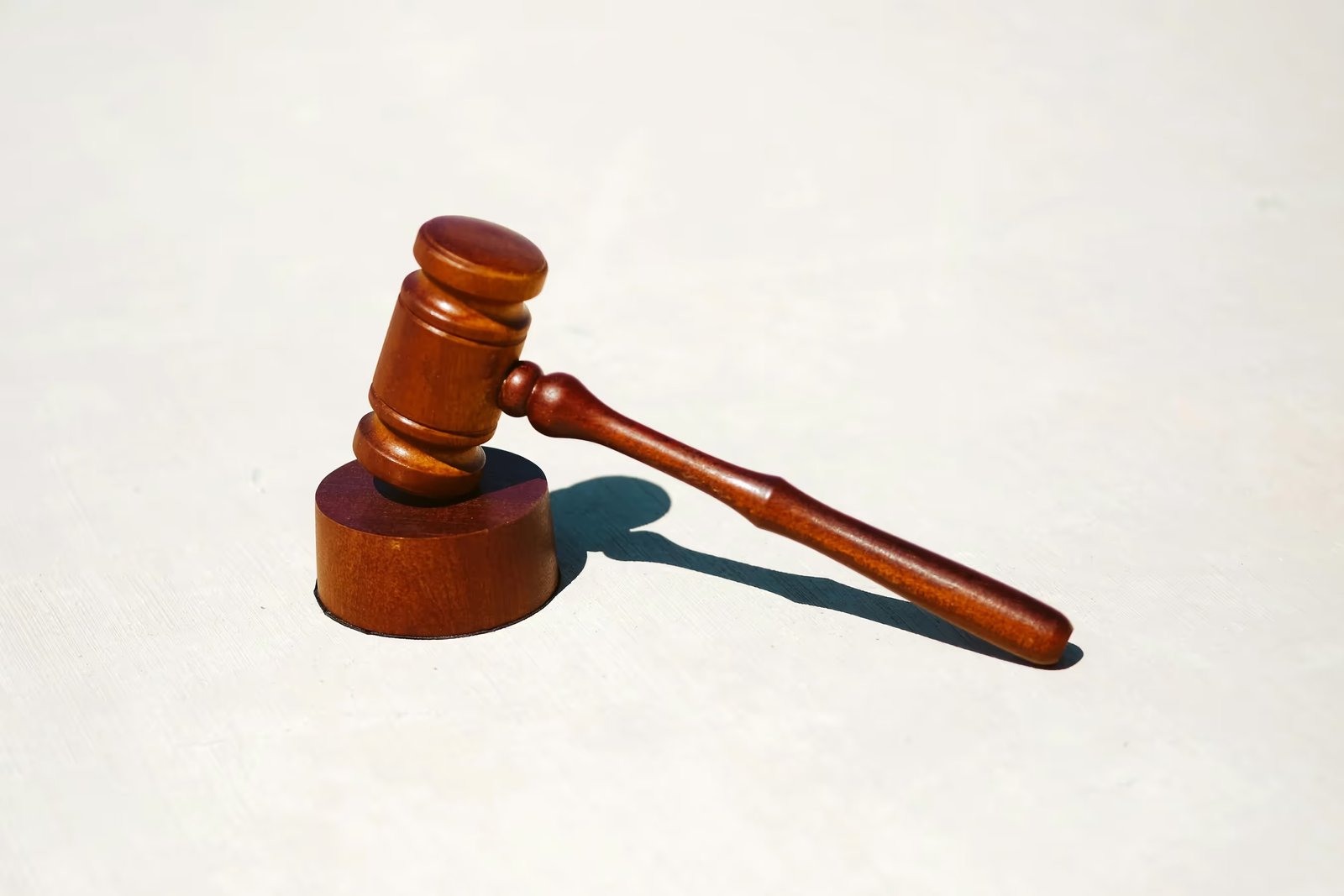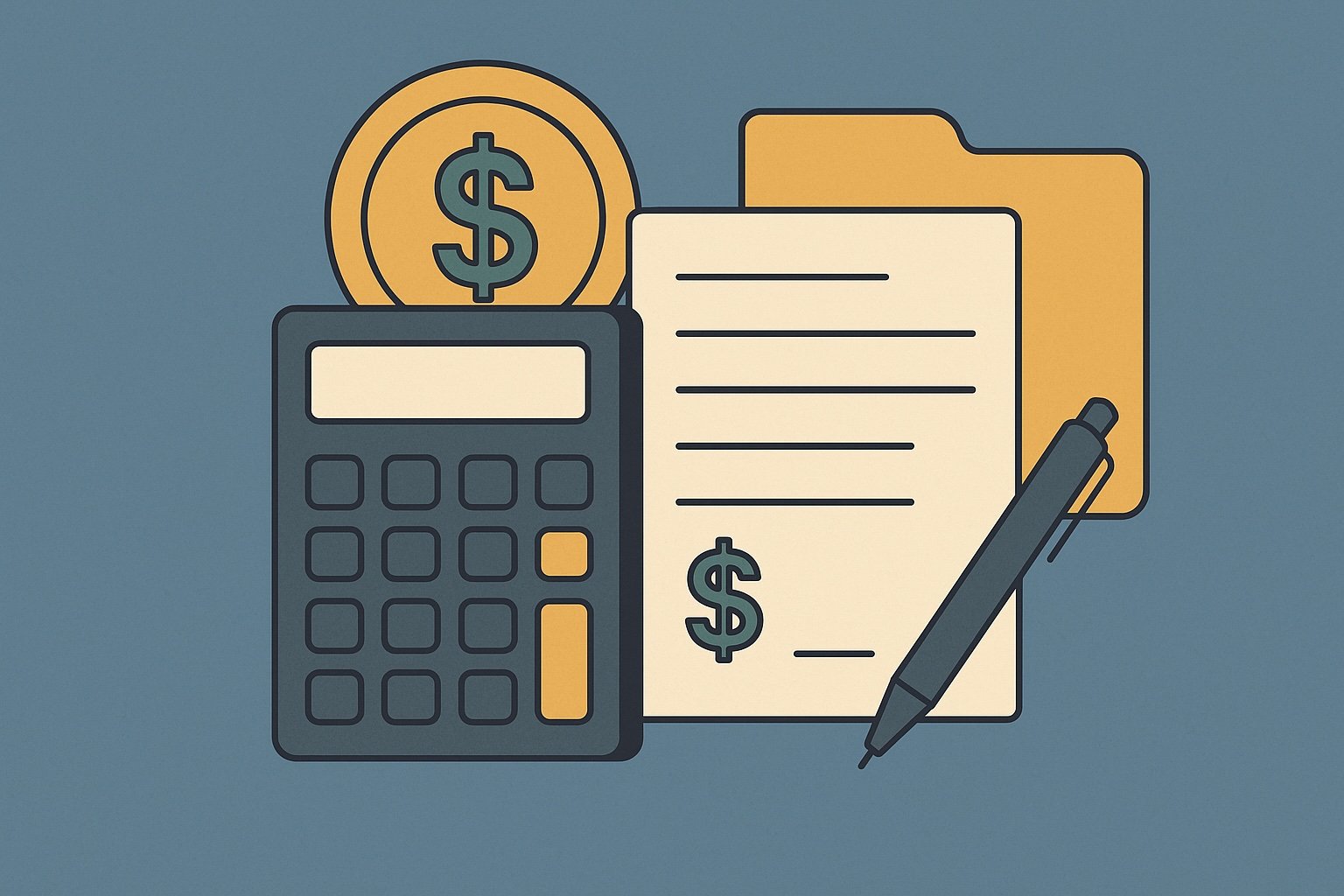Question
ARTE's Answer
When considering a 1031 exchange, the role of a qualified intermediary (QI) is crucial to ensure the transaction meets IRS requirements and allows for the deferral of capital gains taxes. At Deferred.com, we offer qualified intermediary services, including our “No Fee Exchange,” which can save investors money while ensuring compliance with IRS regulations.
A qualified intermediary is an independent entity that facilitates the exchange of properties in a 1031 exchange. The IRS mandates the use of a QI to prevent the taxpayer from having actual or constructive receipt of the proceeds from the sale of the relinquished property. This is essential because if you, as the taxpayer, receive the proceeds directly, the transaction would be considered a sale rather than an exchange, and you would be liable for capital gains taxes.
Here's how a typical 1031 exchange works with a qualified intermediary like us at Deferred.com:
- Sale of Relinquished Property: You sell your investment property (the relinquished property). Instead of receiving the sale proceeds directly, the funds are transferred to us, your qualified intermediary.
- Identification Period: Within 45 days of the sale, you must identify potential replacement properties. You can identify up to three properties regardless of their value, or more if they meet certain value criteria.
- Exchange Period: You have 180 days from the sale of the relinquished property to close on the purchase of the replacement property. During this time, we hold the funds and facilitate the purchase of the replacement property on your behalf.
- Purchase of Replacement Property: We use the funds from the sale of the relinquished property to purchase the replacement property. The replacement property is then transferred to you, completing the exchange.
Let's consider an example to illustrate this process:
Imagine you own a rental property worth $500,000, which you originally purchased for $300,000. You decide to sell this property and use the proceeds to purchase a new investment property worth $600,000. By using us as your qualified intermediary, you can defer the capital gains tax on the $200,000 gain from the sale of your original property.
- Step 1: You sell your rental property for $500,000. The proceeds are transferred to us at Deferred.com, your QI, rather than directly to you.
- Step 2: Within 45 days, you identify three potential replacement properties, each valued at around $600,000.
- Step 3: Within 180 days, you close on one of the identified properties. We use the $500,000 held in the exchange account to purchase the new property on your behalf.
- Step 4: You take ownership of the new property, and the exchange is complete. By reinvesting the full amount of the sale proceeds and acquiring a property of equal or greater value, you successfully defer the capital gains tax.
Using a qualified intermediary like us at Deferred.com is not just a formality; it's a requirement to ensure the transaction qualifies as a 1031 exchange. Our role is to facilitate the exchange process, hold the funds securely, and ensure compliance with IRS regulations, allowing you to focus on selecting the best replacement property for your investment goals.
Have more questions? Call us at 866-442-1031 or send an email to support@deferred.com to talk with an exchange officer at Deferred.
1031 Question? Ask ARTE
Deferred's AI 1031 Research Assistant is trained on 8,000+ pages of US tax law and outperforms human CPAs by 22%+
CHAT NOW
Learn More
See more frequently asked questions about 1031 exchanges








